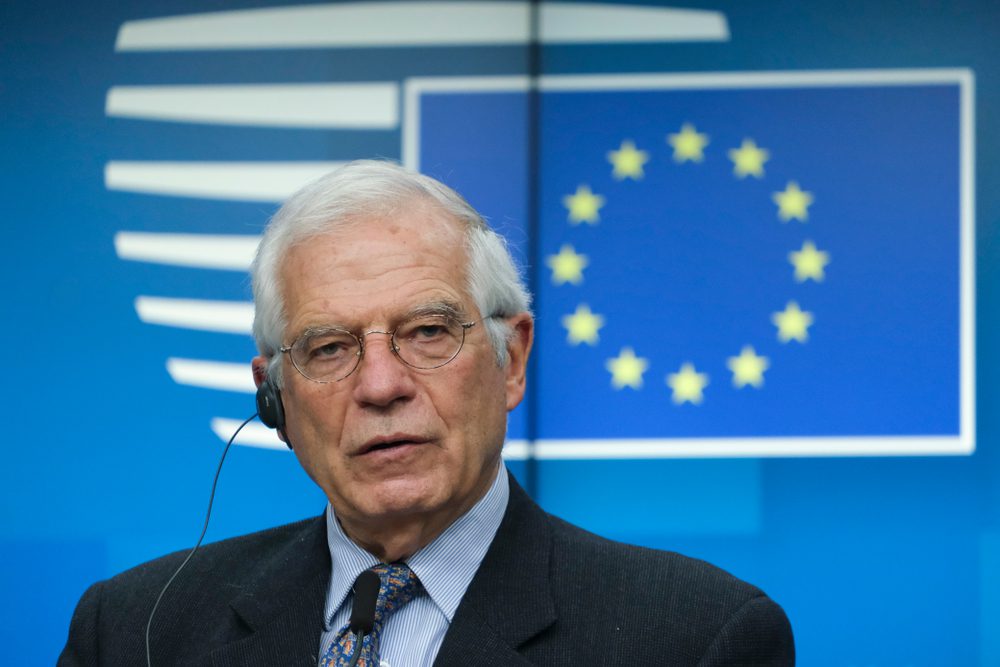
Josep Borrell, the high representative for EU foreign policy, warned at a press conference Thursday, January 5th, that “there can be no impunity” in the corruption scandal that embarrassed the European Parliament last month. While it was dubbed ‘Qatargate,’ allegedly Morocco was involved as well.
The EU official made the comment during a visit to the Moroccan capital of Rabat. “The position of the European Union is clear. There can be no impunity for corruption. Zero tolerance for that,” he remarked after having met with Moroccan Foreign Minister Nasser Bourita. “We have to wait for the results of the ongoing investigation. We expect everyone’s full cooperation in this investigation,” he added.
In December, it became known that Belgian authorities were investigating attempts by a Gulf state (later known to be Qatar, which denies any wrongdoing) to influence decision-making in the European Parliament through significant monetary bribes.
Four people connected to the case, including former European Parliament vice president, Eva Kaili, are currently in pre-trial detention. The others are Kaili’s Italian boyfriend and parliamentary aide Francesco Giorgi, former Italian MEP Pier Antonio Panzeri, and Niccolo Figa-Talamanca, the Italian head of an NGO suspected of making payments to MEPs.
In the meantime, MEPs and several newspapers have been pointing the finger at Morocco.
According to judicial documents that Le Soir and La Repubblica were privy to, Morocco is involved through its external intelligence service, the DGED (Directorate General for Studies and Documentation).
Panzeri and Giorgi were allegedly in contact with the DGED and with Abderrahim Atmoun, Morocco’s ambassador to Poland. In addition to Atmoun, two agents of the Moroccan intelligence service are cited in these documents.
While the Moroccan foreign minister did not address the case directly after his talks with Borrell, he noted that “this partnership [between the EU and Morocco] faces continuous judicial harassment and repeated media attacks.” Within European institutions, and “notably in the parliament” such attacks, said Bourita, are among the fiercest. “Morocco will defend its interests and count on its partners to defend this partnership,” which according to the minister, is “based on neighborliness, values and mutual interests.”
For Borrell, it is a matter of treading lightly while still appearing firm, since it would not serve the EU to alienate Morocco at this time. The two work together on a wide range of issues, and Morocco is the bloc’s main economic partner on the African continent—where European influence is being challenged and waning. In 2021, trade traffic between them was worth over €45 billion.
Avec le ministre Bourita, nous avons eu un échange substantiel sur le partenariat UE – Maroc ancien et stratégique.
— Josep Borrell Fontelles (@JosepBorrellF) January 5, 2023
Nous avons échangé sur les tensions et défis géopolitiques actuels.
Il nous incombe de les relever avec une responsabilité partagée.@MarocDiplomatie pic.twitter.com/As4a3MjboE
To accentuate—and further solidify—their relationship, Borrell pointed to the EU and Morocco’s “solid strategic partnership,” pledging that total EU aid to Morocco would increase to €1.6 billion during 2021-2027 (from €1.4 billion in 2014-2020).
